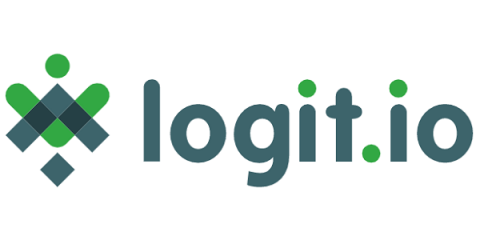How to configure clients to connect to Apache Kafka Clusters securely - Part 1: Kerberos
This is the first installment in a short series of blog posts about security in Apache Kafka. In this article we will explain how to configure clients to authenticate with clusters using different authentication mechanisms.










